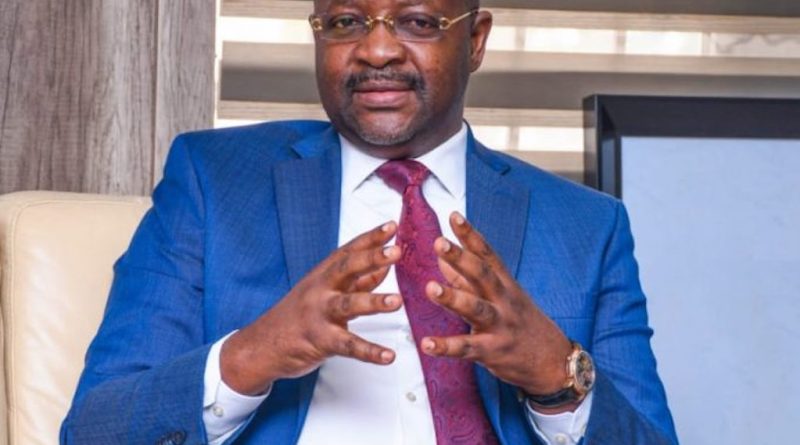‘Unrealistic’ – Nigerian Govt rejects World Bank’s poverty report
The Presidency has described as unrealistic and detached from the country’s economic realities, the latest economic report by the World Bank, Nigeria’s biggest multilateral lender, that about 139 million citizens are living in poverty.
DAILY POST reports that the World Bank had estimated that despite reform gains, no fewer than 139 million Nigerians are still living in poverty.
The Special Special Adviser to President Bola Tinibu on Media and Public Communication, Sunday Dare, made this rejection in a post on his official X handle on Wednesday.
He said that the poverty figures must be “properly contextualised” within the limits of global poverty measurement models.”
“While Nigeria values its partnership with the World Bank and appreciates its contributions to policy analysis, the figure quoted must be properly contextualised. It is unrealistic,” Dare said.
According to the presidency, the 139 million figure was derived from the global poverty line of $2.15 per person per day, set in 2017 using Purchasing Power Parity, and should not be mistaken for an actual headcount of poor Nigerians.
The presidency also explained that when converted to nominal terms, the $2.15 benchmark equals about N100,000 per month at current exchange rates, which is well above Nigeria’s new minimum wage of N70,000.
“There must be caution against interpreting the World Bank’s numbers as a literal, real-time headcount. The estimate is derived from the global poverty line of $2.15 per person per day, a benchmark set in 2017 Purchasing Power Parity terms.
“If converted nominally, that figure equals about $64.5 per month, or nearly N100,000 at today’s exchange rate, well above Nigeria’s new minimum wage of N70,000. Clearly, the measure is an analytical construct, not a direct reflection of local income realities.
“Poverty assessment under PPP methodology uses historical consumption data (Nigeria’s last major survey was in 2018/19) and often overlooks the informal and subsistence economies that sustain millions of households.
“The government, therefore, regards the figure as a modelled global estimate, not an empirical representation of conditions in 2025. What truly matters is the trajectory, and Nigeria’s is now one of recovery and inclusive reform,” the statement added.
